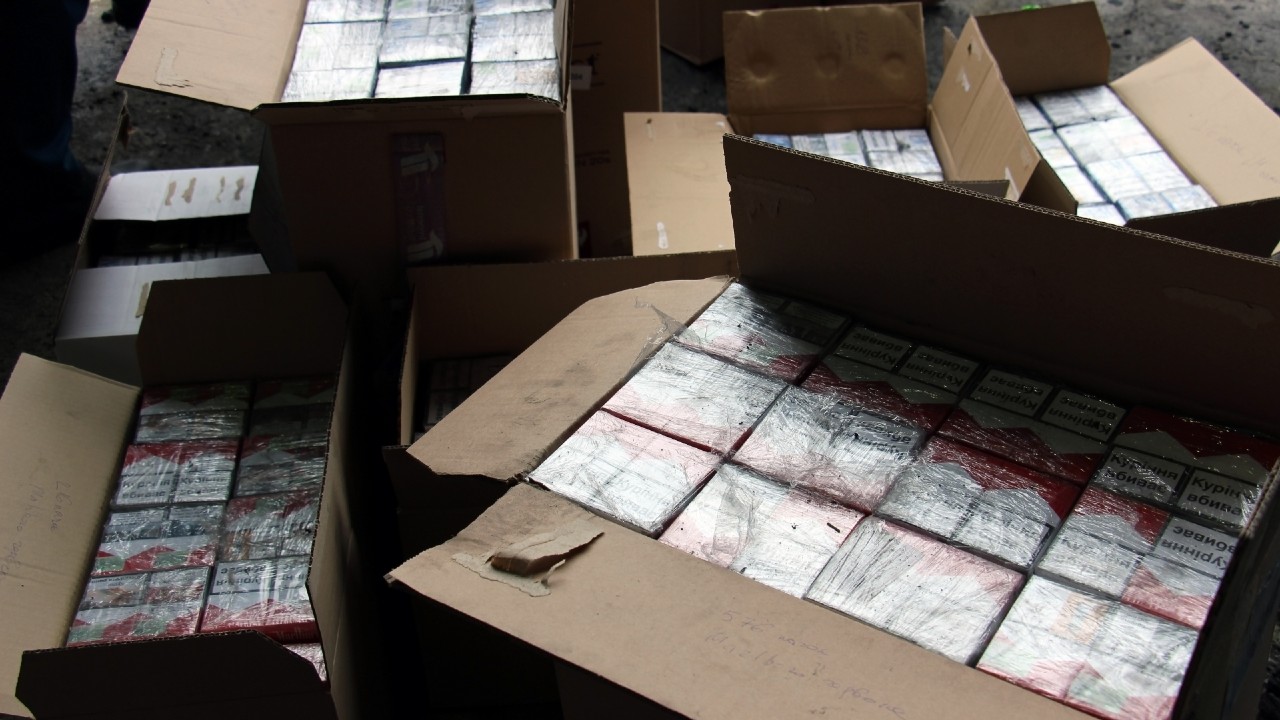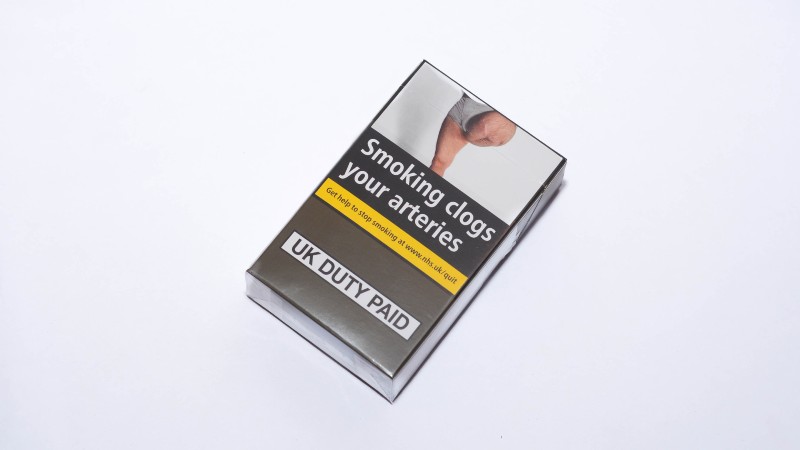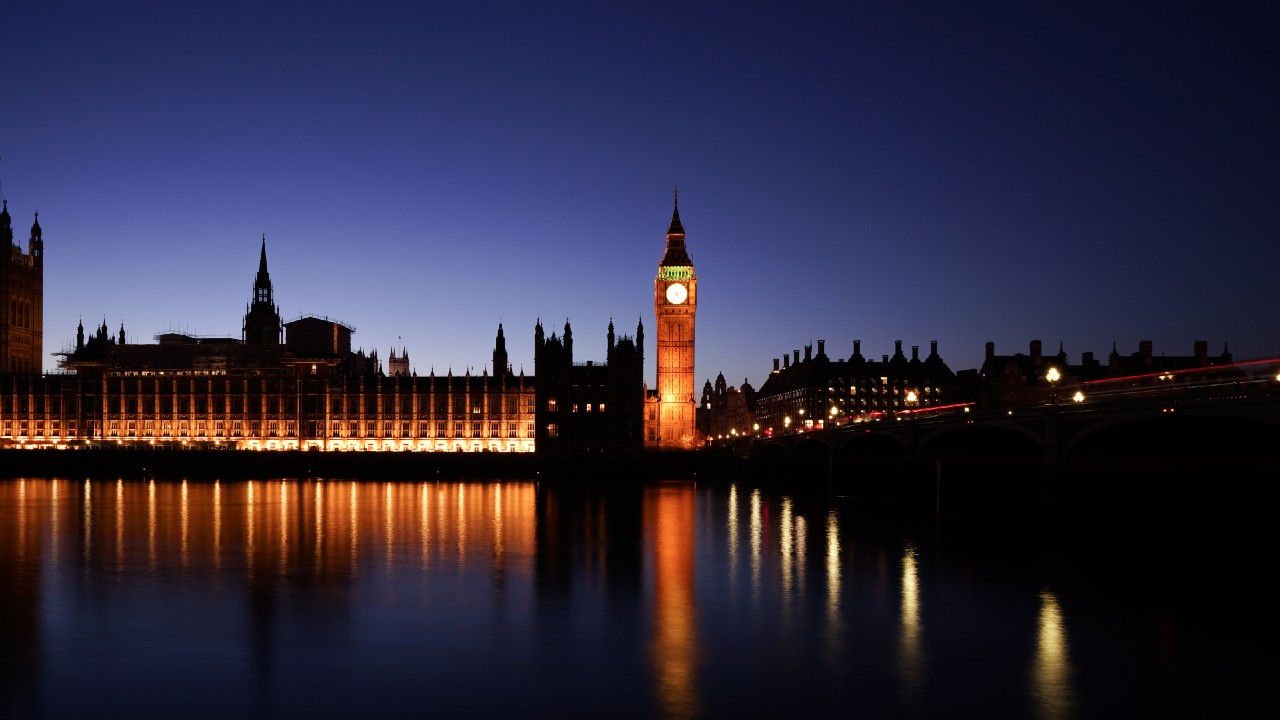The trade in illicit tobacco, which encompasses any illegal activity over the lifetime of a tobacco product including the smuggling and counterfeiting of cigarettes, is often put forward by the tobacco industry as an argument against tobacco control measures. But in framing the illicit tobacco trade as primarily driven by tobacco control policies, counterfeiters and organised crime groups, the industry conveniently overlooks its own role in the problem. Researchers at the Tobacco Control Research Group (TCRG) at the University of Bath have spent many years studying the illicit tobacco trade, the policies designed to address it as well as the tobacco industry’s involvement in these.
Tobacco industry involvement in smuggling … then
In the late 1990s, overwhelming evidence from companies’ own documents showed that facilitating the smuggling of their own products had been a core part of their business strategy for decades, and a third of global cigarette exports were ending up on the illicit market.
A series of court cases, inquiries and hearings sought to hold the industry to account, with major tobacco companies and some of their subsidiaries being implicated in facilitating illicit trade.
It might seem counterintuitive for companies to want their products to be smuggled. But although the illicit trade is damaging to communities, the economy and public health, it holds several advantages for companies, including:
- Tax avoidance
- Increased sales - smuggled tobacco is much cheaper to buy than legal tobacco, so tobacco companies sell more, particularly to the most price-sensitive smokers, including children
- Undermining tobacco control measures such as health warnings, sales restrictions and taxation which otherwise reduce the industry’s sales.
Read our summary of industry involvement in the illicit tobacco trade
… And now
Contrary to industry claims of the illicit trade being driven by counterfeit products, data (including the industry’s own) continues to show that the majority of smuggled cigarettes are actually manufactured legally by tobacco companies before ending up on the illicit market. Counterfeit cigarettes only make up a small fraction of the illegal cigarette market. Data from the World Customs Organization indicates that, globally, approximately 70% of seized cigarettes have been manufactured legally by tobacco companies.
At best, this suggests the industry is failing to control its own supply chain, and at worst is continuing to facilitate illicit trade. Evidence from whistle-blowers, researchers and investigative journalists, alongside government reports and fines suggest that the latter possibility is most likely.
The Protocol
The primary global response to the illicit tobacco trade has been the introduction of the Protocol to Eliminate Illicit Trade in Tobacco Products (‘the Protocol’). It was adopted by consensus in 2012 at the fifth session of the Conference of Parties to the Framework Convention on Tobacco Control (FCTC), and it entered into force in 2018. A key focus of the Protocol is controlling the supply chain of tobacco products using an effective global tobacco track and trace system. The aim is for packs of cigarettes and rolling tobacco across the world to be marked with a unique ID so they can be tracked from manufacture to point of sale and, if they end up on the illicit market, traced back to see how that happened. The protocol states that none of its Parties should delegate its track and trace system to tobacco companies.
Find out more about track and trace on the Tobacco Tactics website
Undermining track and trace
Following the introduction of the Protocol, tobacco companies continued to paint themselves as victims of the illicit tobacco trade, claiming the real culprits were counterfeiters and small manufacturers. They proposed, and continue to propose, that governments should work in partnership with them to counter these perpetrators.
But tobacco companies have other reasons for wanting to build relationships with governments, and be involved in tracking and tracing. An effective track and trace system would hold companies accountable for the spillage of their product onto the illicit market – and our research revealed how the industry has worked to disrupt its implementation. Research shows that the major tobacco companies have been working collaboratively to gain control of the global track and trace system envisaged in the Protocol, developing their own system and encouraging governments to adopt it. In doing so they undermine the very purpose and independence of the track and trace system.
Read our blog in Tobacco Control uncovering one of the tobacco industry’s biggest scams
What next
The tobacco industry persists in frustrating government efforts around the world to comply with the Protocol – these country case studies from STOP, a global tobacco industry watchdog in which TCRG is a partner, show how the industry has tried to derail track and trace implementation in South Africa and Pakistan.
TCRG researchers continue to contribute to building a clear picture of the illicit tobacco trade and the industry’s attempts to derail track and trace. Research published in 2021 and co-authored by TCRG Research Associate Allen Gallagher revealed that British American Tobacco (BAT), one of the UK’s top 10 companies, made attempts to influence the Protocol. BAT obtained drafts of the Protocol before they were made public, and paid at least one government delegate to support the company’s position during the negotiations.
Dr Gallagher is an observer to the Protocol’s Meeting of Parties working group on tracking and tracing, and in 2019 gave evidence at a public hearing on the illicit tobacco trade in Europe organised by MEP Cristian Silviu Bușoi in the European Parliament. More details of Dr Gallagher's research in this area and links to his publications can be found on the University of Bath's Research Portal.
Read more
For an in-depth look at illicit trade, track and trace, and future policy options, read the STOP Policy Brief: Protecting Your Country’s Tobacco Track and Trace System From the Tobacco Industry


